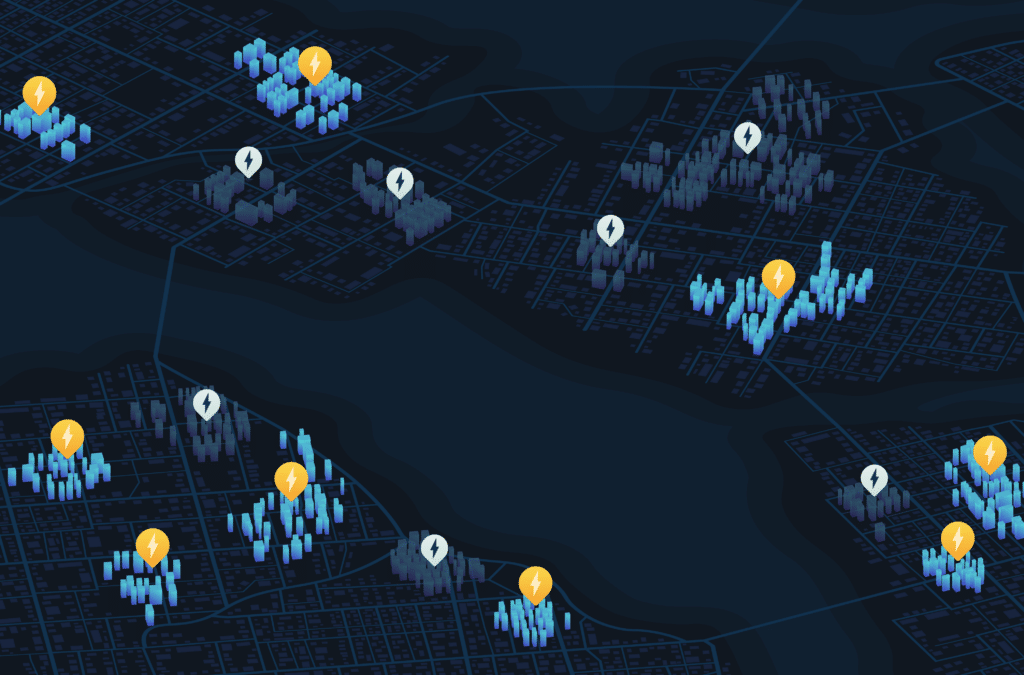
Rethinking the Interview Process for Neurodiverse Talent

One way corporate America can be more welcoming to differently abled talent pools like neurodivergent candidates is to change the way it conducts job interviews.
The current process is too focused on socialization and communication skills, according to neurodivergent advocates, which almost automatically puts individuals who struggle with such behaviors at a disadvantage. Managers doing the hiring should understand the first few minutes of an interview—when they are forming first impressions and potentially making decisions—can be overwhelming for someone on the autism spectrum.
Read the feature story, Beautiful Minds
Check out our sidebar, Insurance Industry Ripe for Analytical Talent
“Companies that we’ve seen have success have created interview processes specifically for people that may have autism or a specific component of it,” says Tom Bergeron, co-founder of InventiveLabs in Massachusetts. “For some, it’s a boot camp or a project to see what they’re like and how they work versus having them interview with someone for 30 minutes and then decide not to hire.”
EY is among the companies leading the way in alternative interview methods. Its four-step process is thorough and designed to screen candidates into the firm as opposed to screening them out. EY’s robust toolbox includes use of video, Excel, Visual Basic Automation, phone screens, behavioral assessments and live discussion. If candidates pass muster, they enter what EY calls “Super Week,” five full days of additional vetting with more technical challenges and opportunities for collaboration. Then, actual job offers are discussed.
“The best way to sum it up is that it’s more performance based than behavioral based,” says Jamell Mitchell, chief talent and strategy leader of EY’s Neurodiversity Centers of Excellence. “So whether or not you make great eye contact with me is immaterial. That is not an indicator of whether you’re able to be successful within the role or not.”
Nancy Romanyshyn of Syndio Solutions, a startup software company that helps companies conduct pay equity analyses to ensure fairness, says implementing change will take hard work and leadership, particularly if a candidate does not disclose that they have a learning difference. Taking a different approach to hiring practices, she says, would go a long way.
“We’re not accustomed to immersing ourselves in [neurodivergent] experiences,” Romanyshyn says. “So I think sometimes it can be hard for employers who rely on the conventional, ‘You’re going to come in, shake my hand, smile, charm me,’ right? Well, yes, that is one profile of employee. But that’s not all of talent.”




